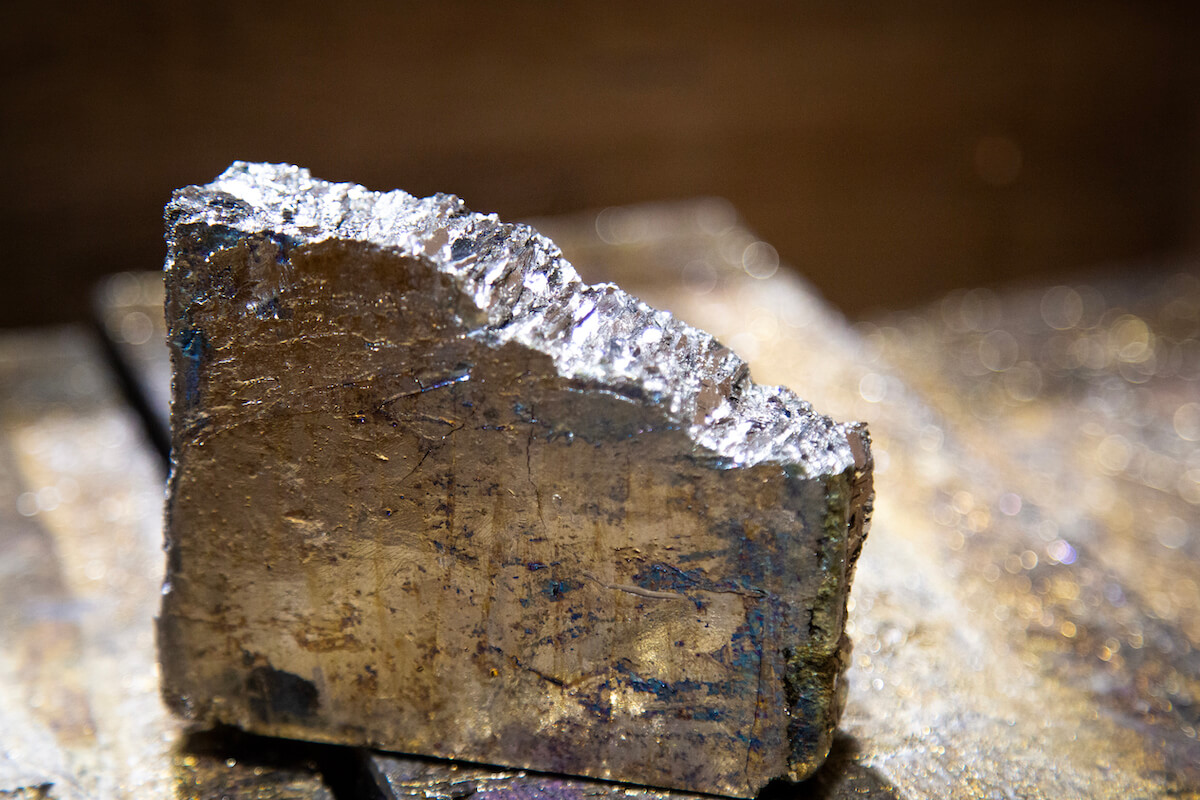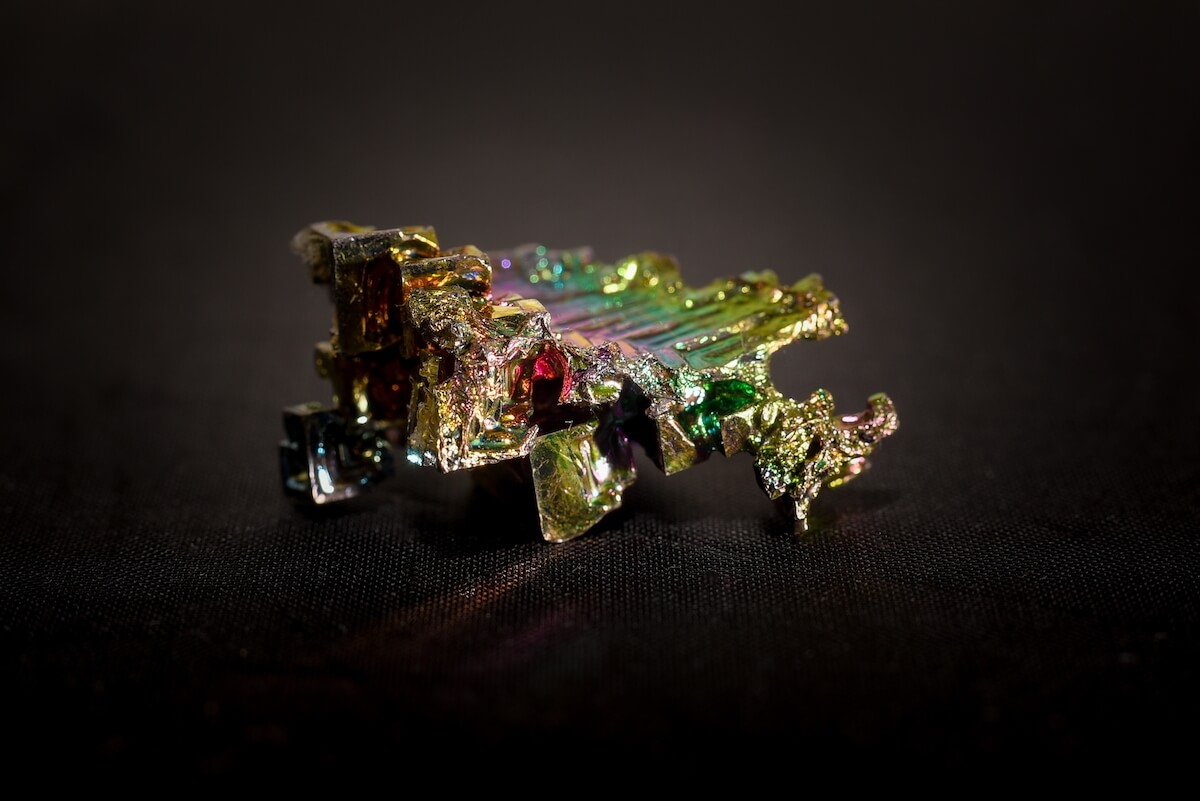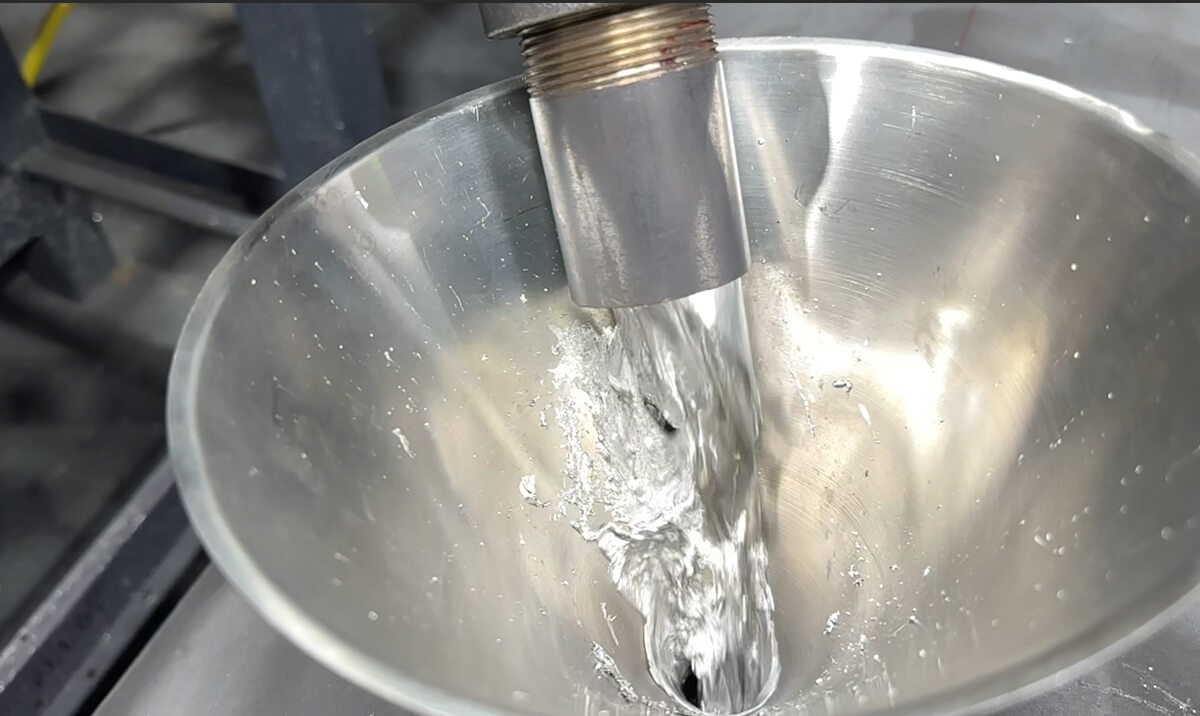Get in touch to find a permanent solution for your well
Businesses worldwide are benefitting from BiSN's well services in the field. Contact us today and embrace tomorrow's downhole well solution, today.
Bismuth is a chemical element with the symbol Bi and atomic number 83. It is a dense, silvery-white metal with a pinkish tint that is unique among the elements. Bismuth is known for its distinctive appearance and physical properties, including its low toxicity, low thermal conductivity, and high electrical resistance. Most importantly, bismuth has a unique property where it expands upon solidification, making bismuth plugs particularly useful for downhole applications and in the formation of seals and barriers.

Bismuth has a wide range of uses and applications in industry, medicine, and other fields. Some of the most common applications of bismuth include:

A main use of bismuth is to replace the toxic metal of lead. It has been often used as a direct replacement for lead in a variety of ballistics including bullets and hunting ammunitions.
As an alloy, bismuth is commonly used in fire suppression systems, in aviation as part of the casting process, and to manufacture precision machining parts.
Bismuth is considered to be a low-toxicity element that poses little risk to human health. However, some bismuth compounds can be harmful if ingested or inhaled in large quantities.

BiSN uses bismuth to create custom alloys mixed with other metals. In its pure form, bismuth would not be suitable due to how brittle it is when it solidifies.
More than 100 different alloys have been created, tested and fully researched by BiSN. Only the most effective have been used commercially in over 400 deployments globally. BiSN creates different alloys based on operator need to accommodate for difference in downhole temperatures and pressures.

Two of bismuth’s characteristics are keys to creating a V0 gas tight seal downhole:
Within minutes the bismuth alloy plug expands and returns to a solid, creating a permanent gas tight seal across the well annuli. Furthermore, the bismuth alloy seal can withstand temperature pressure, aggressive fluids, as well as not crumbling or deteriorating over time.

Bismuth alloy is listed as a non-toxic metal with very little effects on its surrounding environment.
The main eco-friendly property of bismuth is its permanence. According to BiSN computer modeling, bismuth plugs in wells can last upto and potentially surpass 3000 years. This differs greatly from traditional cement plugs that can leak hydro carbons in as little as a few years depending on the context of the well.
Bismuth has the potential to create a permanent seal in a well the first time, meaning a win for the environment and also for the operator who stands to save a substantial cost from having to reseal a cement-plugged well in the future.
Additionally, Bismuth is often considered to be an eco-friendly element due to a few different reasons:
Businesses worldwide are benefitting from BiSN's well services in the field. Contact us today and embrace tomorrow's downhole well solution, today.
Our website uses analytics, marketing and preference cookies to both provide the most relevant experience for our users and to give us information about how our site is used. By clicking “Accept All”, you consent to the use of these cookies. However, you may visit "Cookie Settings" to provide a controlled consent.
Accept All Cookies